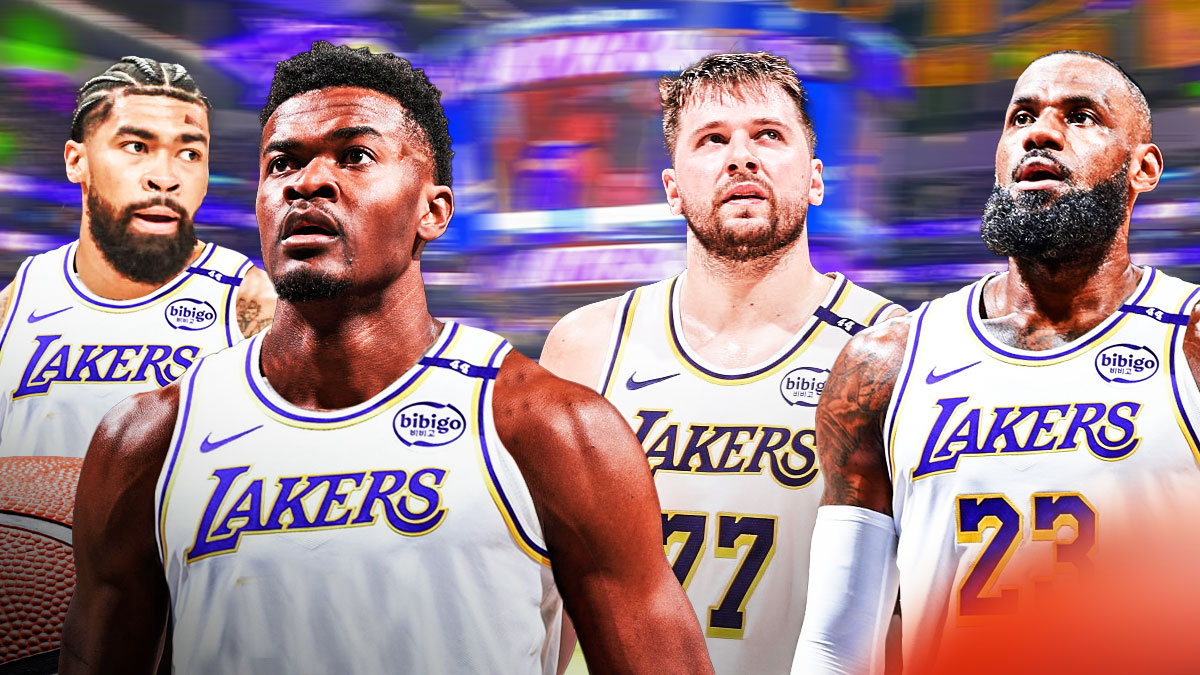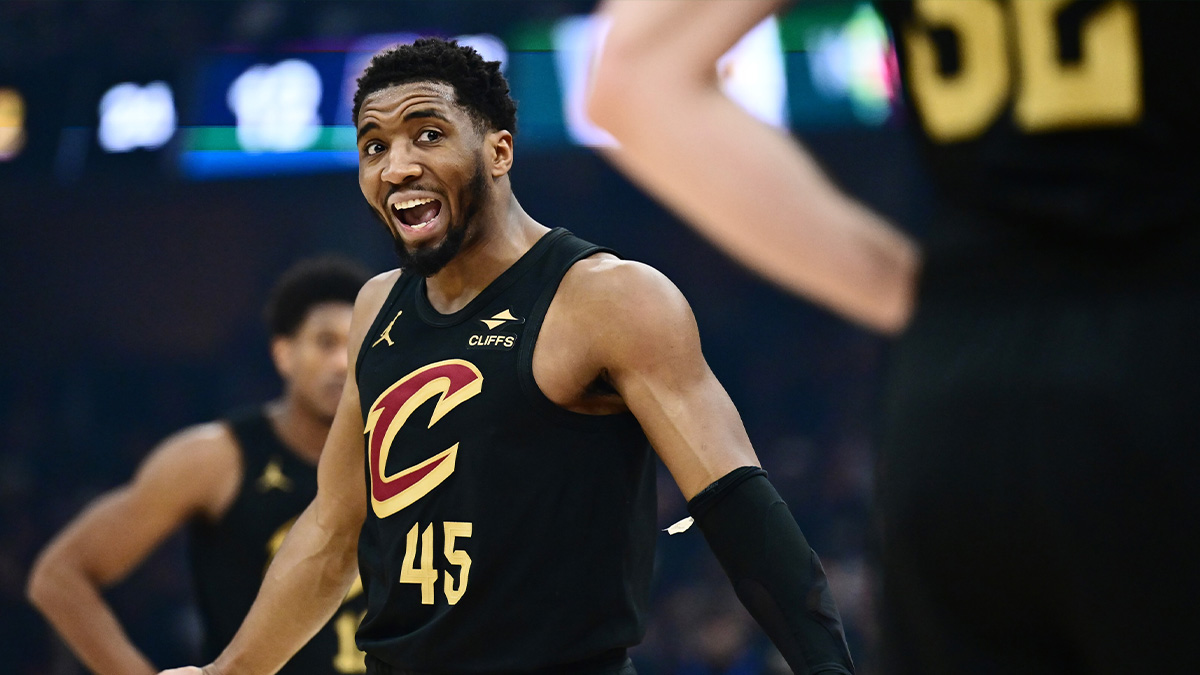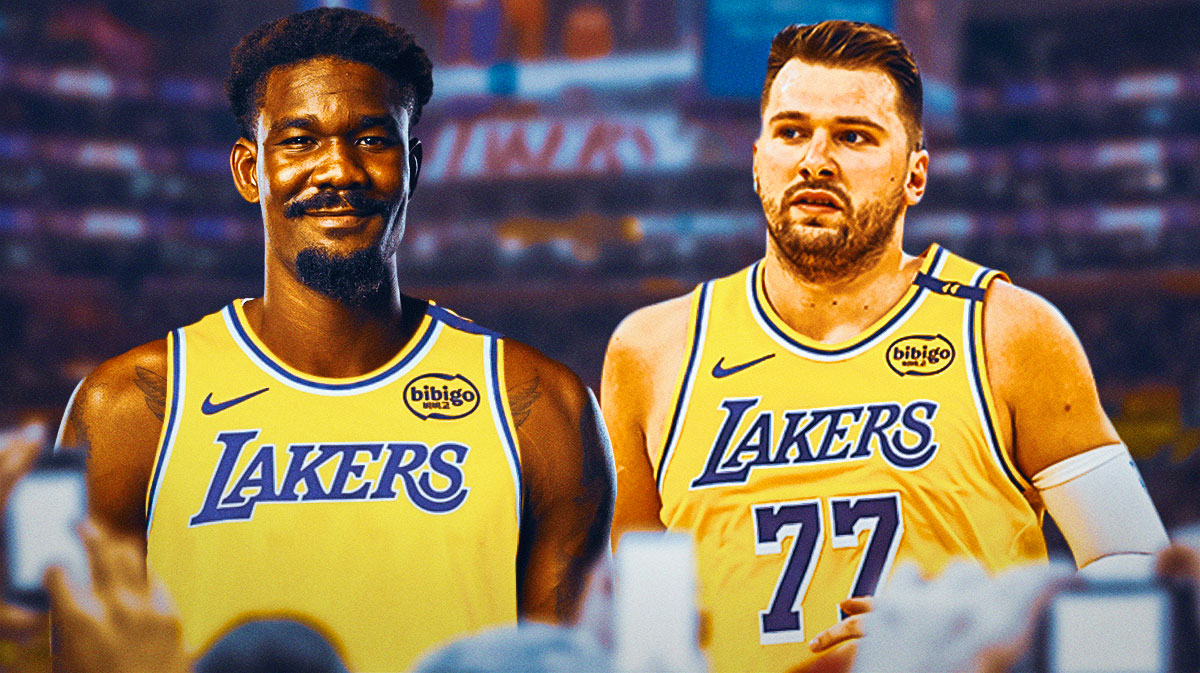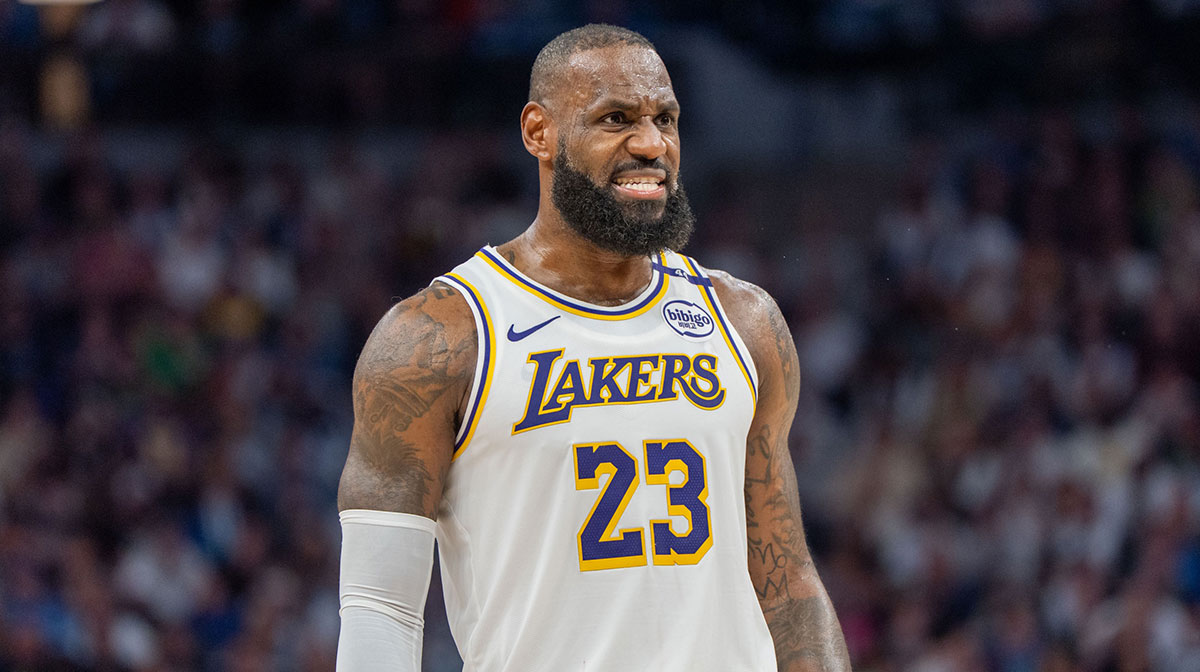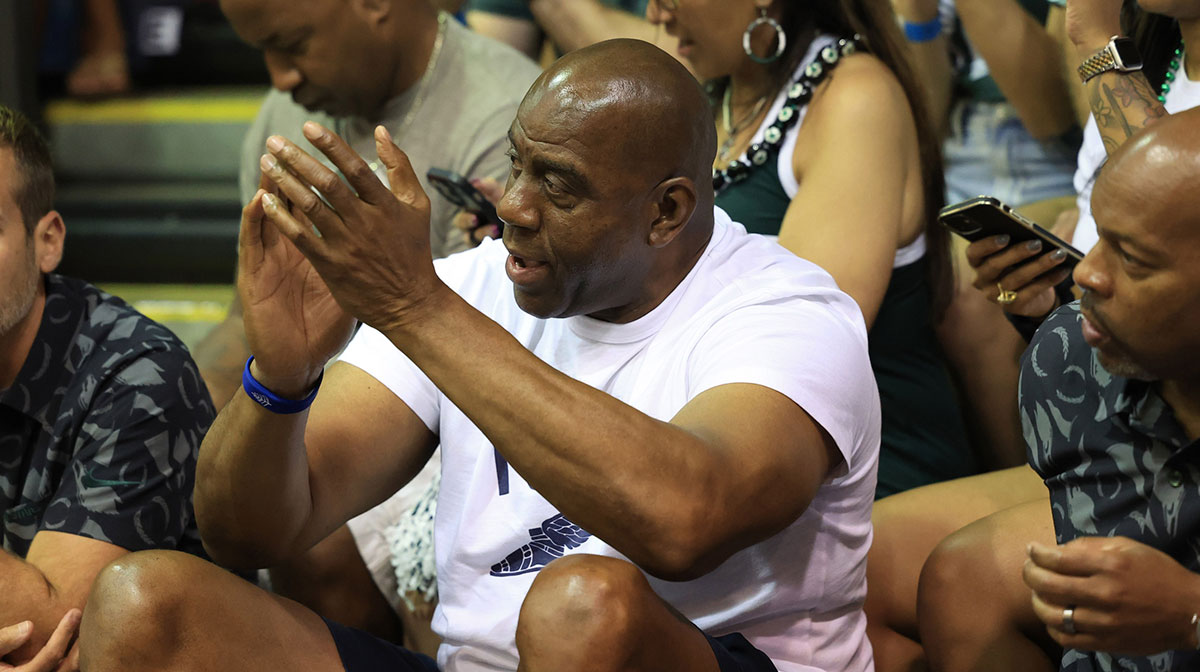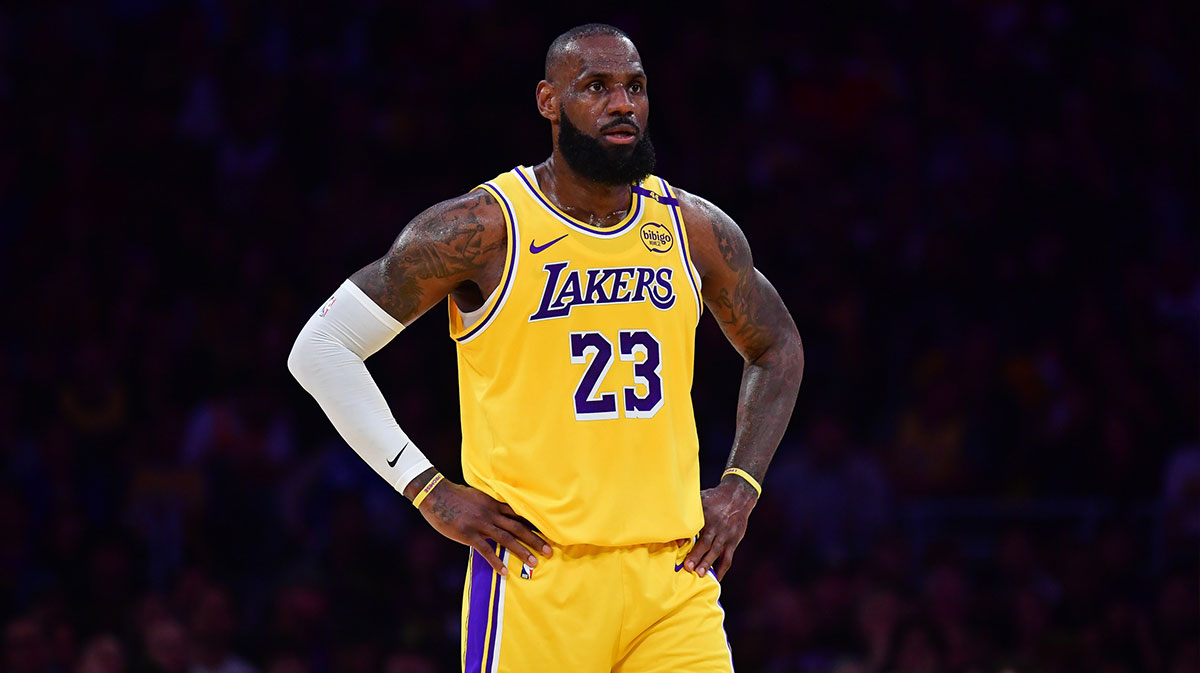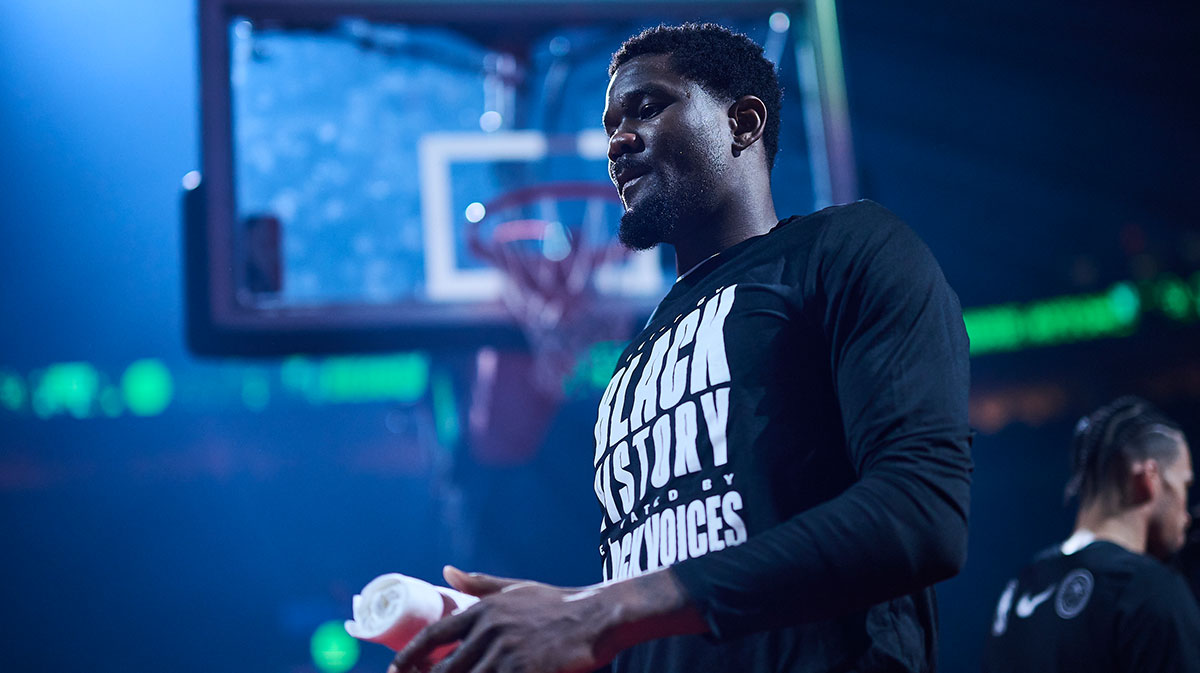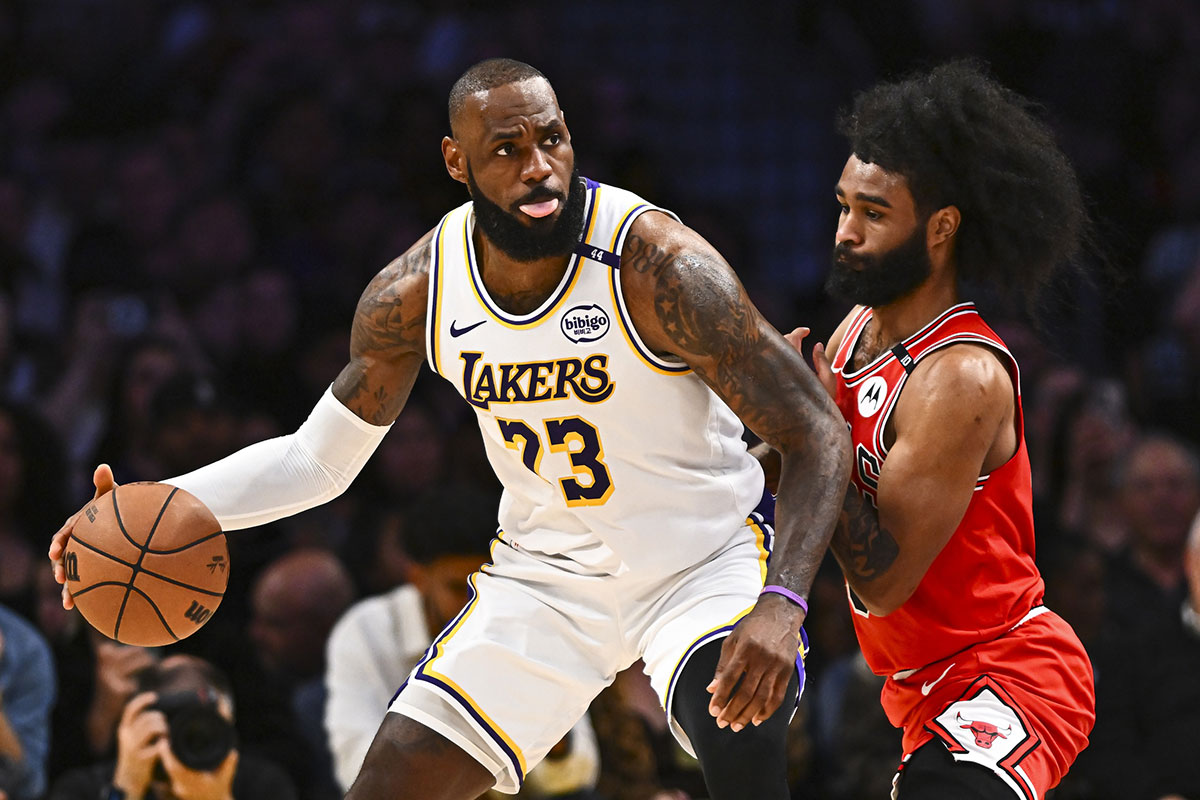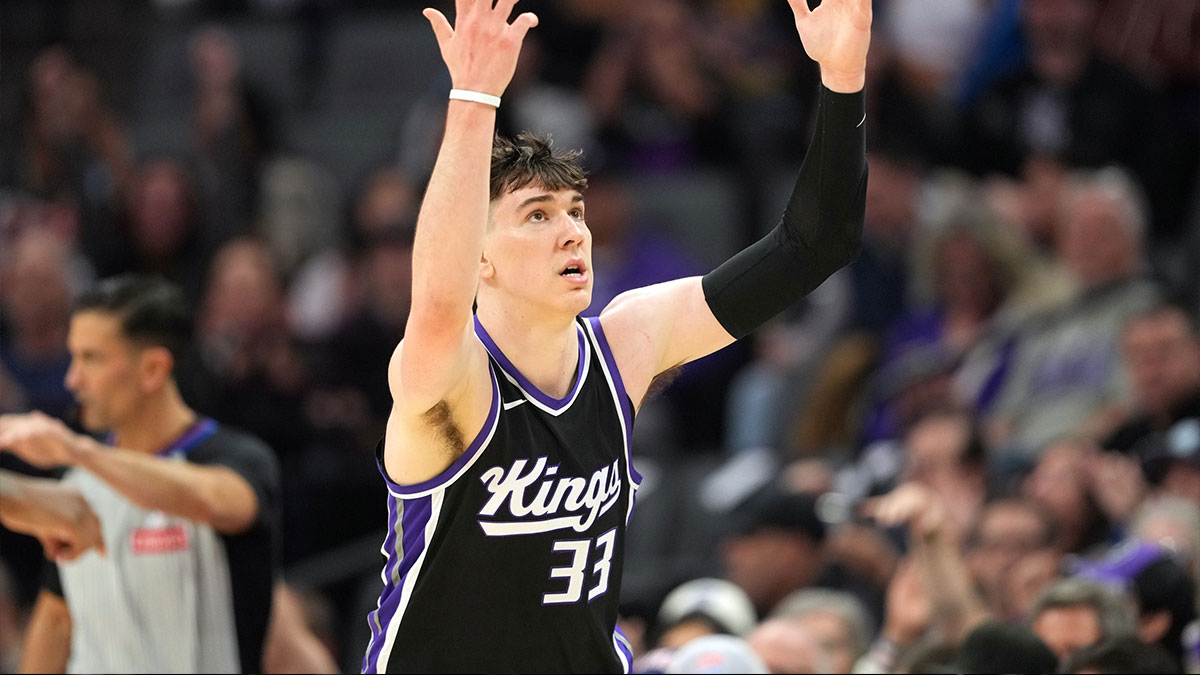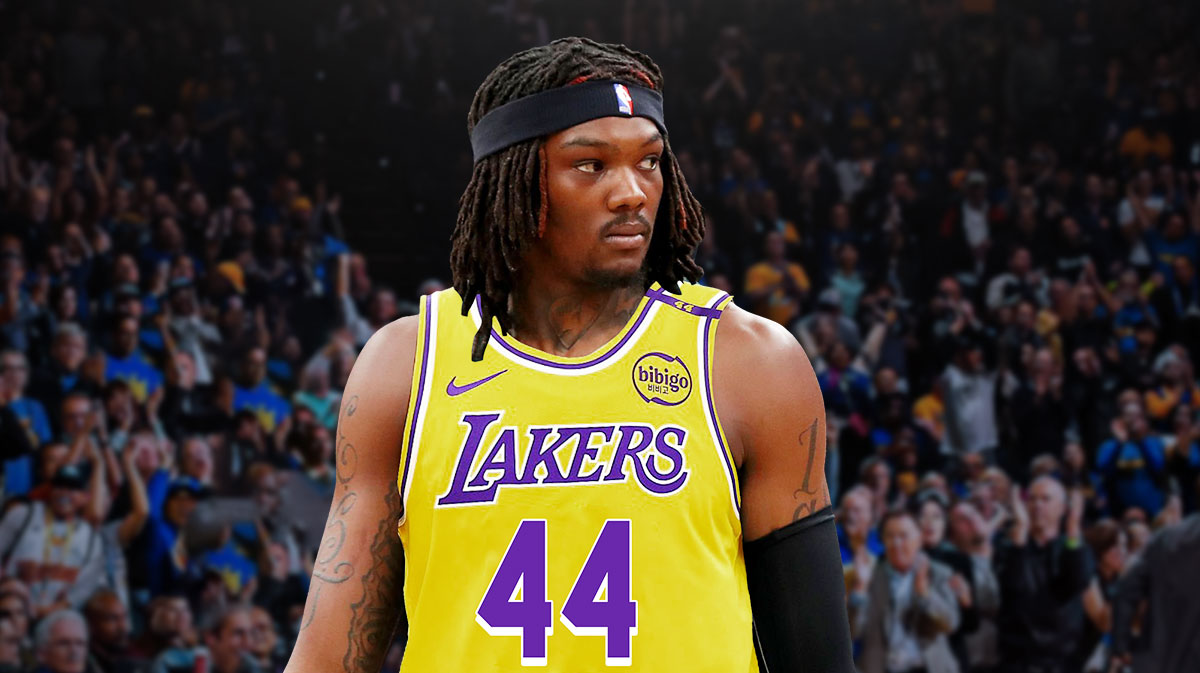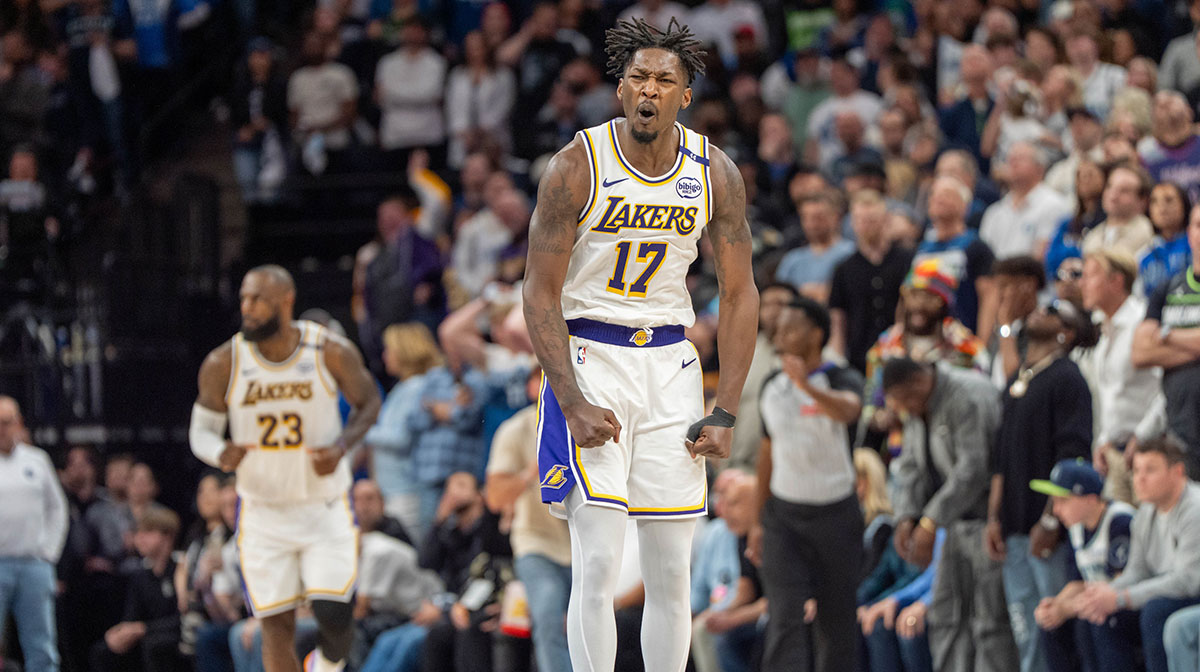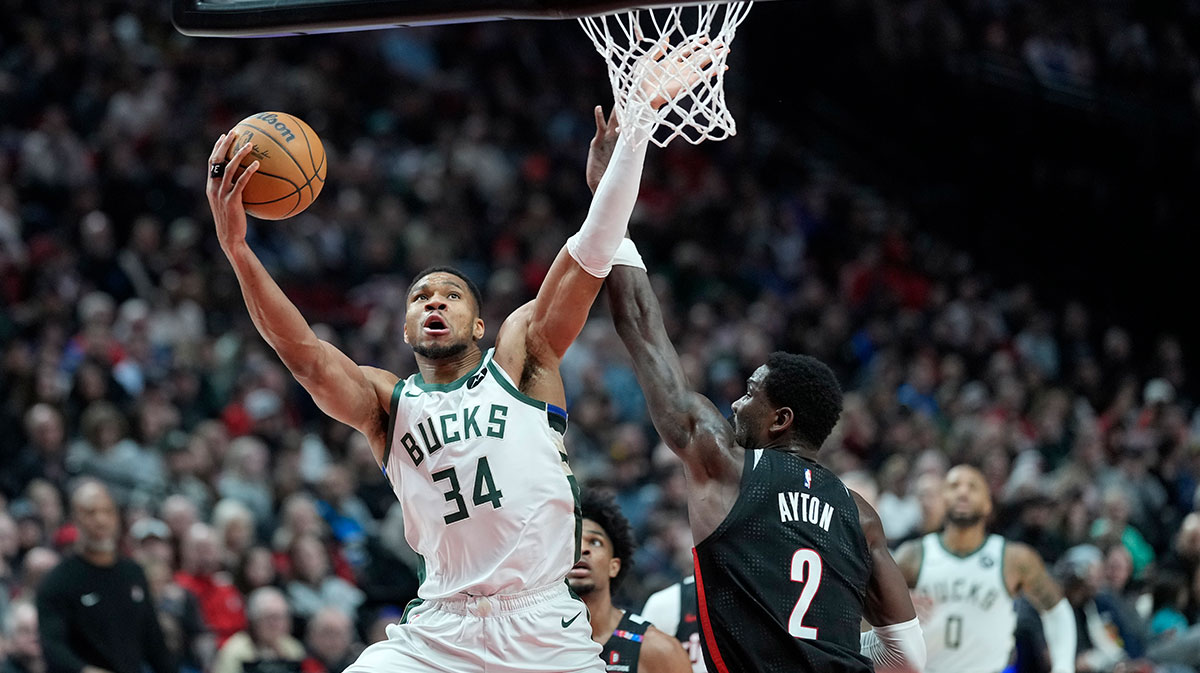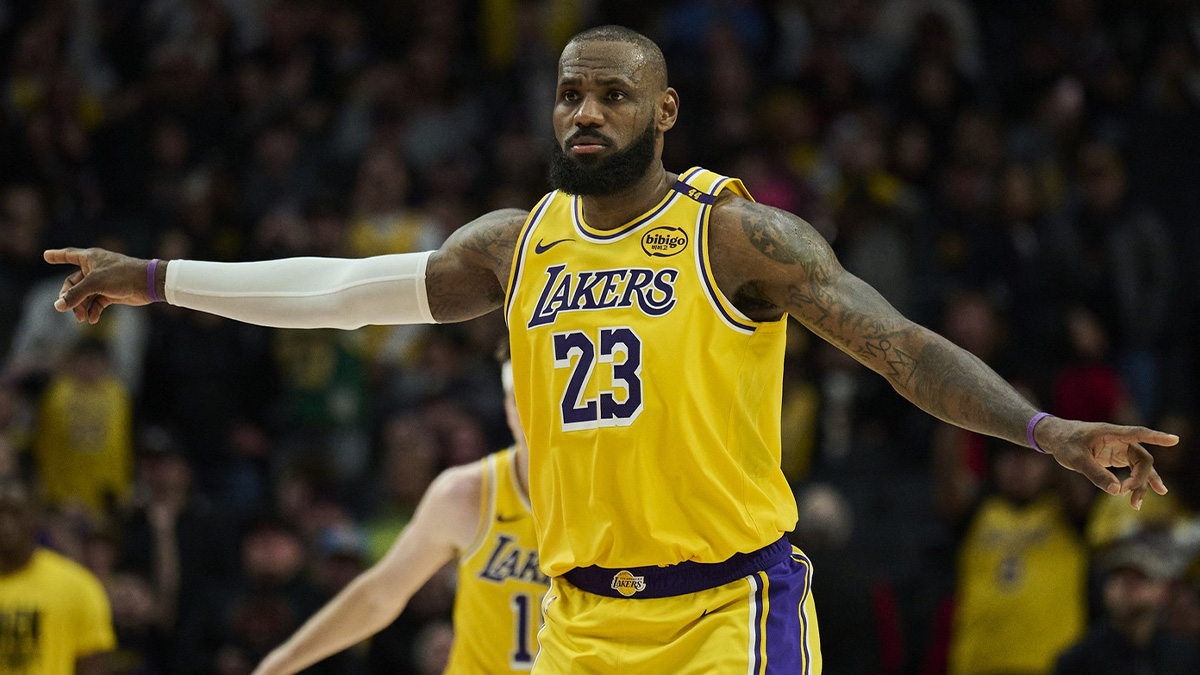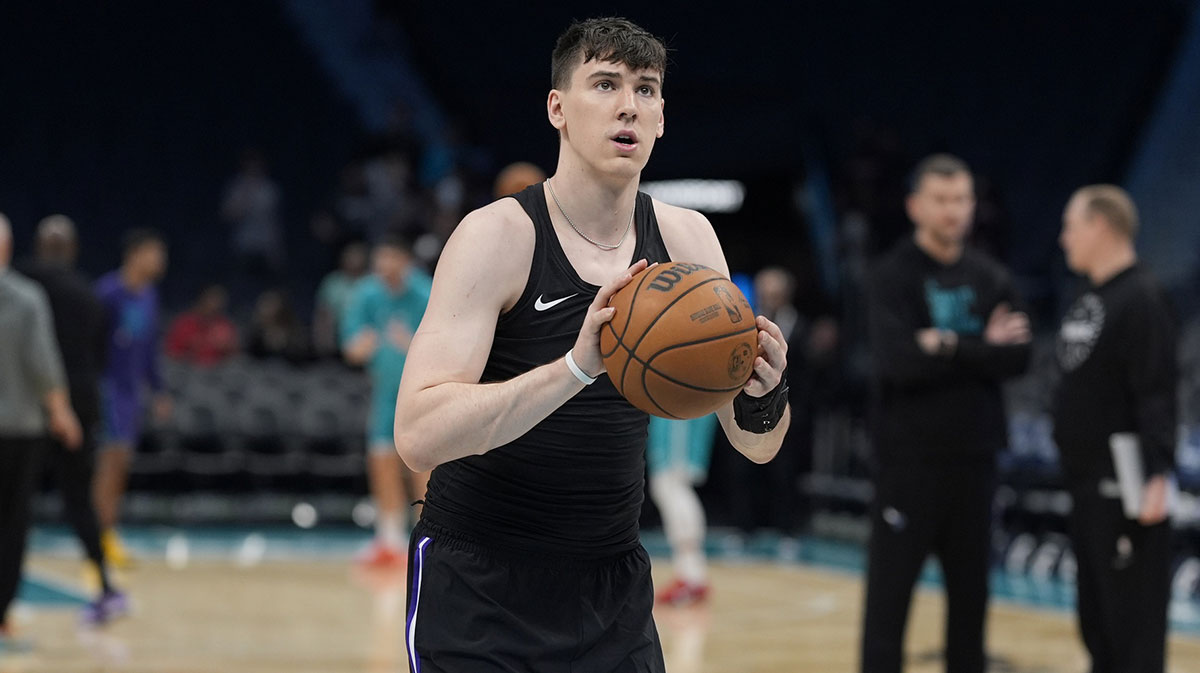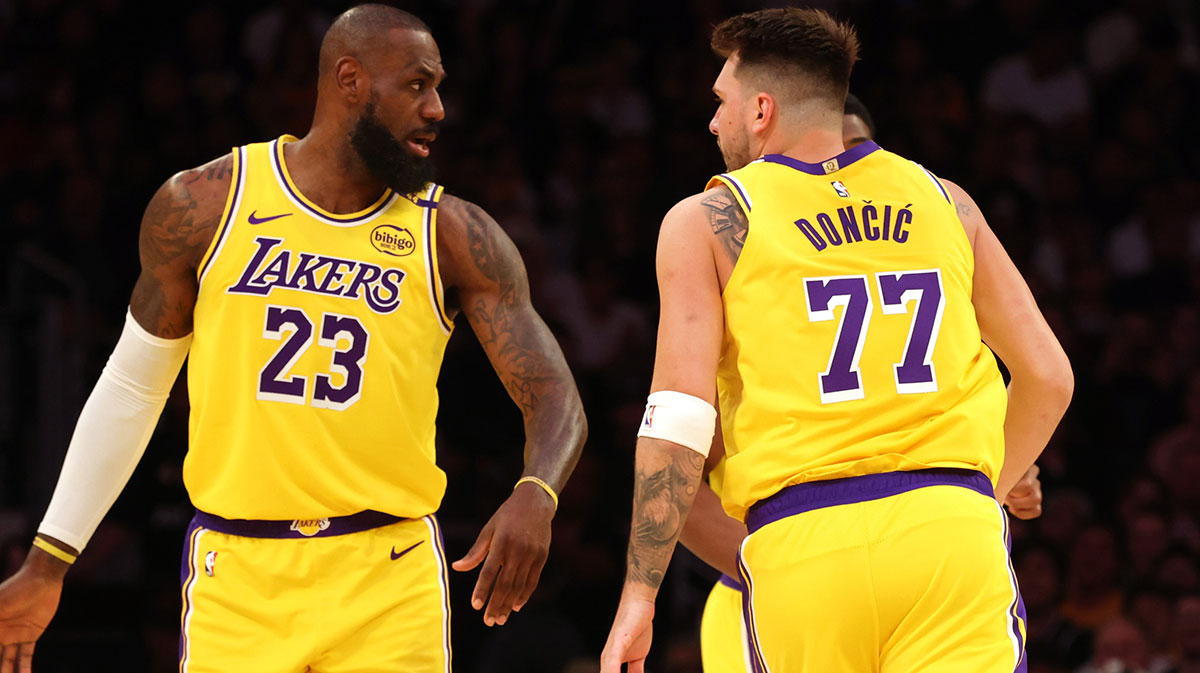On Saturday, the Naismith Memorial Basketball Hall of Fame will belatedly induct the Class of 2020 (including Kobe Bryant) and announce the Class of 2021.
The crop of finalists, obviously, is a decorated list of players and coaches, including nine first-timers: Chris Bosh, Paul Pierce, Rick Adelman, Yolanda Griffith, Bill Russell (as a coach), Lauren Jackson, Jay Wright, and Marianne Stanley. They joined previous finalists Tim Hardaway, Marques Johnson, Ben Wallace, and Chris Webber, and Leta Andrews.
The list features one other notable first-time Finalist: Los Angeles Lakers great Michael Cooper, a staple of the “Showtime” Era.
Congratulations to 5x @NBA Champion and 5x NBA All-Defensive team selection #21HoopClass finalist Michael Cooper. pic.twitter.com/sfBJbtSWGz
— Basketball HOF (@Hoophall) March 9, 2021
It’s a bit surprising to see Cooper’s name pop up in 2021. His last NBA game came in 1990, and he’s remained a prevalent member of the Lakers, NBA, and WNBA communities since then. After all, it’s not like the Showtime Lakers have been forgotten to history like the '83 Sixers.
Ahead of the announcement, let's consider: Does Coop have a case?
First, let's run through the resume.
Cooper was a pivotal contributor to five title teams (1980, ’82, ’85, ’87, ’88) over 12 NBA seasons — all with the Lakers. In addition to beautifully filling the wing for Magic Johnson, Cooper was heralded for his elite defense, with one historic exception:
Cooper earned five All-Defensive First Team selections and won Defensive Player of the Year in 1987 despite coming off the bench for all but two games. In total, the 1978 third-round pick was named to eight All-Defense teams.
Beyond Showtime, his basketball contributions are respectable, if not quite Hall of Fame-caliber. He was an All-American at the University of New Mexico. He served as a Lakers assistant GM and assistant coach in the mid-1990s and briefly as Nuggets interim head coach in 2004. He coached the Albuquerque Thunderbirds to a D-League crown in 2006.
His coaching peak came with the Los Angeles Sparks, helping lead Lisa Leslie and company to back-to-back WNBA titles (2001-02) and three straight Finals appearances, winning WNBA Coach of the Year in 2000.
From 2009-13, he coached the USC Women of Troy to a 72-57 record. (Somewhat hilariously, the Hall of Fame's page includes his 1991 Italian All-Star Game MVP in his accolades).
Cooper’s CV is impressive, but probably not quite Hall-worthy. First of all, he mainly came off the bench, never starting more than 20 games in any season (yes: the ‘80s Lakers were loaded and underwent few roster shakeups). There's no precedent for a full-time career sub getting a plaque.
His stats are far below traditional Springfield-level. He averaged 8.9 points, 3.2 rebounds, and 4.3 assists per game on 46.9% shooting. He had two seasons exceeding over 10 PPG, and he never made an All-Star team. He averaged 10.3/2.9/3.9 in the Finals.
He ranks top-10 in Lakers history in minutes, games, threes made, assists, steals, and blocks.
Cooper's 52.5 Win Shares would rank considerably below Mitch Richmond (79.3) and Calvin Murphy (84.1) — two of the least-decorated and oft-debated Hall inclusions.
On the other hand, only late Chicago Bulls legend Norm Van Lier has as many total All-Defense selections among non-HOFers. Other than that, his case hinges on ringz.
Cooper was ahead of his time — a lanky, athletic 6'5 wing who could swiftly switch between three positions. In today's game, he would surely be an elite 3-and-D. That said, he was excellent in his day, too.
Undeniably, Cooper is one of the greatest supporting actors and wing defenders in NBA history and he played an integral role in one of the league's most successful dynasties.
It's certainly not outrageous for one to argue for his Hall inclusion, barring one allows the door to stay open for fellow high-end, ring-wearing role players like Robert Horry, Horace Grant, Andre Iguodala, and Fisher (all of whom accrued more Win Shares than Coop, FWIW).
The North American Committee will induct five people on Saturday, and it's hard to see Cooper breaking through. Basketball-Reference's Hall of Fame probability metric — which incorporates a variety of value stats, traditional stats, and accolades relative to un-elected players — gives Cooper a 1.2 percent chance at entering the Hall in 2021 (still higher than me).
By contrast, fellow nominees Pierce (99.7), Bosh (99.5), Hardaway (79.2), Wallace (45.3), Johnson (25.2), and Webber (14.6) have considerably higher chances of induction, per Basketball-Reference, and that's before getting to the coach and female candidates.
The Lakers have only retired numbers of Hall of Famers, so Cooper may not receive either honor. Regardless, a recognition of his contributions and the import of his name within Lakers lore has, rightfully, never diminished.
So: Basketball Hall of Famer? Probably not. Undeniable Lakers legend? Forever.

